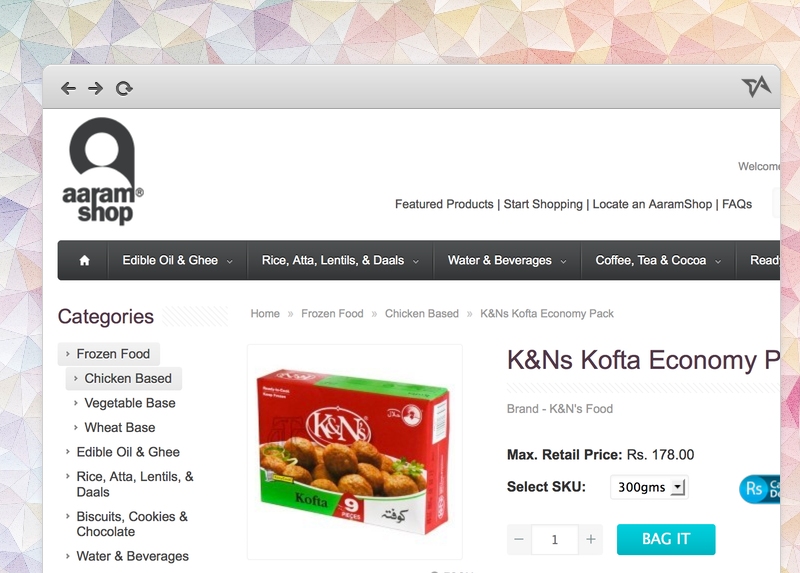Software giant’s “experiment in open search” is designed to be a research tool in which students share information on a variety of topics of interest.
by Steven Musil
In the wake of the IPO of social-networking giant Facebook, Microsoft has quietly launched So.cl, its own social networking foray.
However, So.cl isn’t designed to be a Facebook challenger. The project, the details of which leaked out last year, is designed to give students the ability to network with their peers to share information.

“FUSE Labs’ So.cl project is now accepting all users interested in joining the site,” a Microsoft representative told CNET. “So.cl is an experimental research project focused on the future of social experiences and learning, especially among younger people.”
“So.cl (pronounced ‘social’) combines search and social networking for the purpose of learning and is the latest experiment from FUSE Labs,” Microsoft said in a description of the app. Users log in to the network with their Facebook or Windows Live accounts. Once logged in, users are presented with a variety of suggested topics of interest.
Much like Facebook’s share or recommend buttons, So.cl has a “bookmarklet” feature that adds a “Share on So.cl” button to users’ bookmarks toolbars, allowing them to share interesting Web sites with other So.cl users. In addition to sharing, commenting, and tagging other users’ posts, they can also “riff” on the post — a feature that Microsoft describes as “a new way to interact and improvise with content.”
A standout feature in So.cl is the ability to create “video parties” that allow users to search for and assemble videos they can share with other users.
 A video party on So.cl.
A video party on So.cl.
Microsoft refers to the network as “an experiment in open search,” meaning searches will be viewable to other So.cl users and to third parties. Microsoft also said it won’t automatically post users’ So.cl activity unless they opt in. Likewise, Facebook friends won’t be contacted unless users invite them.The network, which Microsoft in an earlier blog post described as an “experimental research project,” initially made the service available to information and design schools at the University of Washington, Syracuse University, and New York University.












